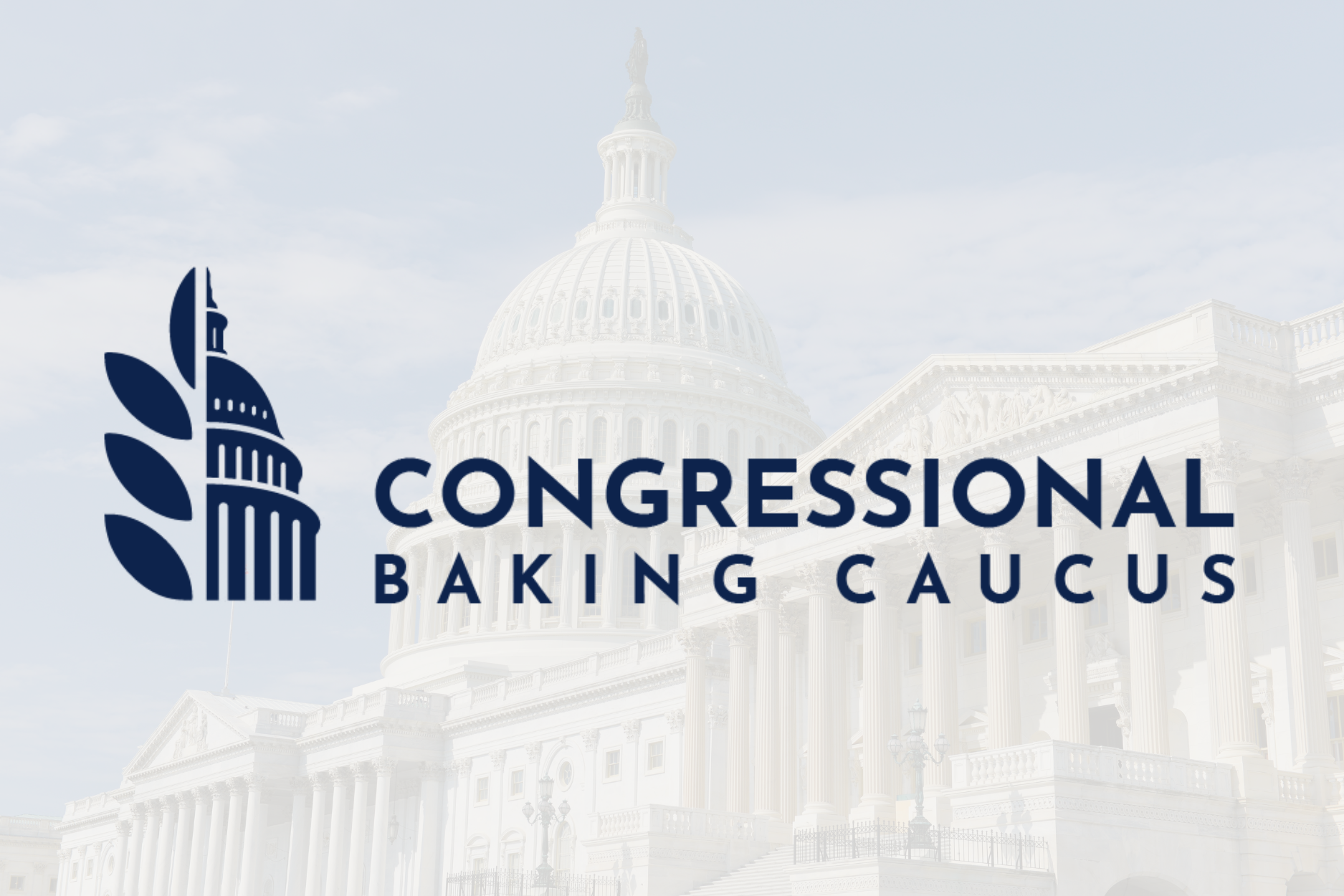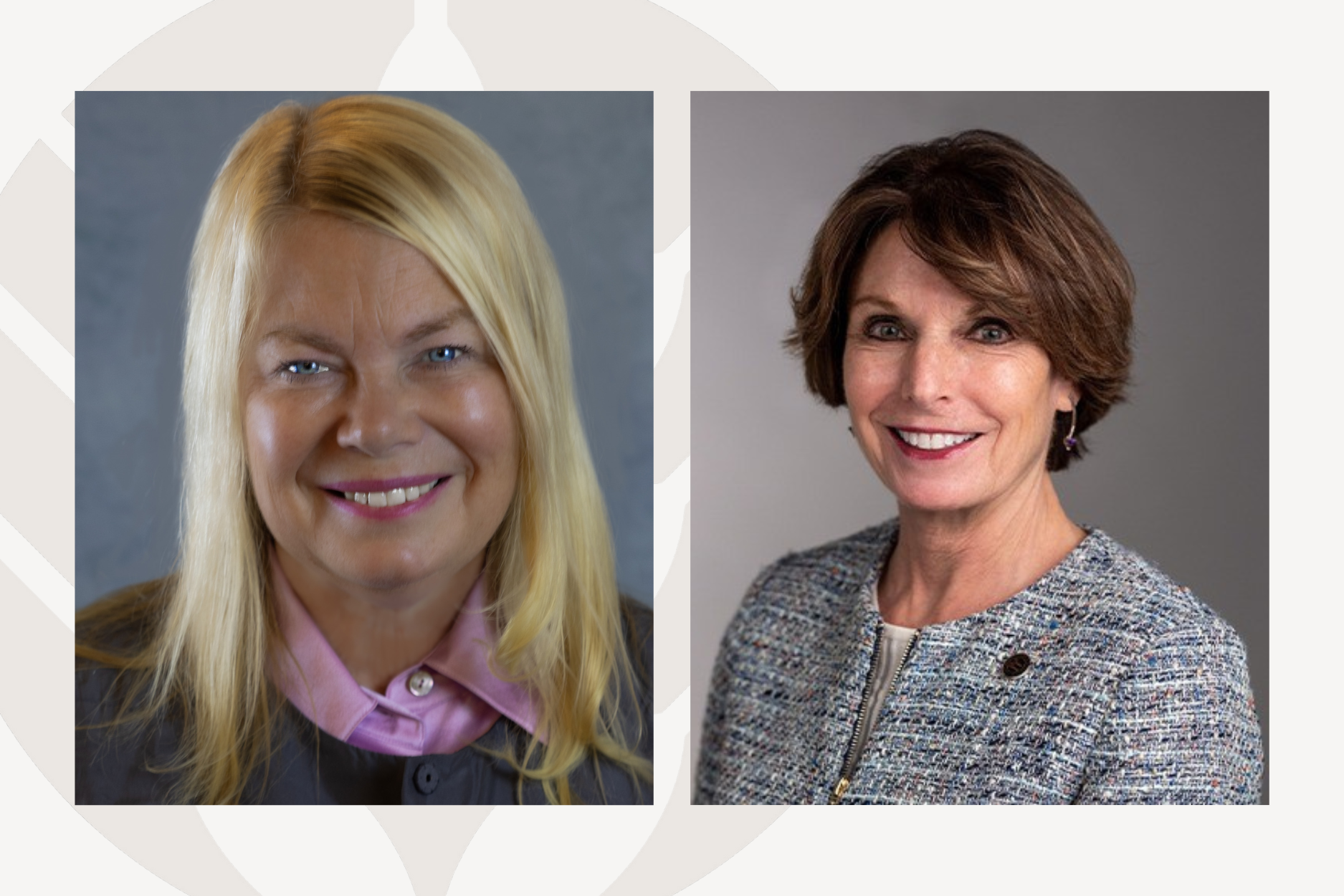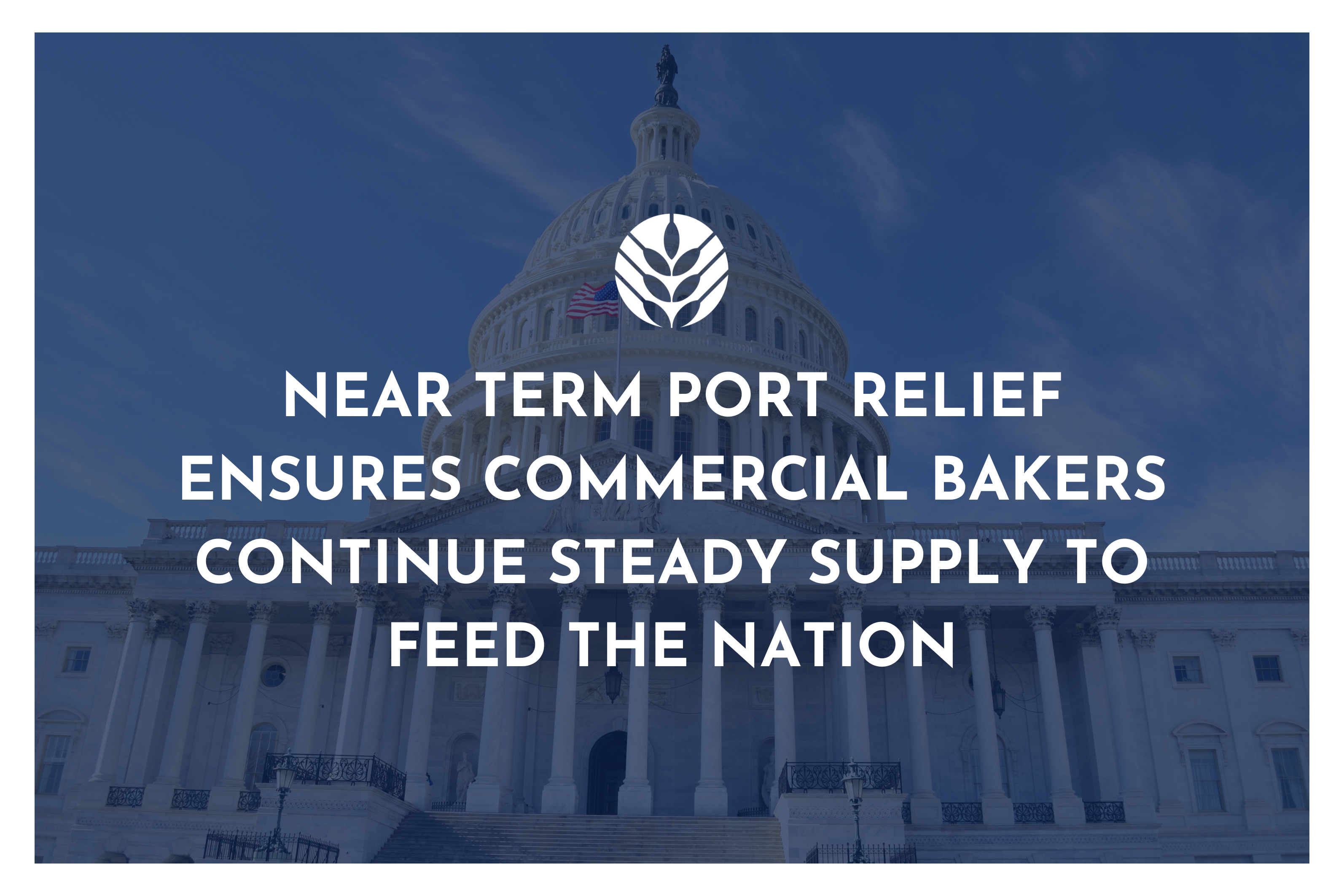The future ain’t what it used to be.
That comment attributed to Yogi Berra is especially relevant today, as the baking industry considers the potential long-term impacts of changes in consumer behaviors and the economy.
On ABA's podcast, Bake to the Future, Cyrille Filott, Rabobank’s Global Strategist for Consumer Foods, speculated on the road ahead following the coronavirus crisis. Filott, a business economist based in The Netherlands, took into account the economy, consumption patterns and trends like health and wellness.
Filott was joined by ABA’s Robb MacKie, President and CEO, who served as interviewer and provided his own perspectives in this in-depth conversation.
Changing Consumer Behaviors
Filott said consumers have become more accustomed to ecommerce purchases during this crisis, a point that needs to be on the baking industry’ radar. Moreover, he said, the industry will experience lasting changes in consumption patterns if the decline in travel and increase in working from home continues after this crisis.
“Business-related travel has an impact on the food sector in general and the bakery sector in particular,” he said. “If people start to work from home much more than they did before the crisis, it will have an impact on office catering, going out for lunch, getting your sandwich for lunch, or eating at home for that matter. The recent trend to eating more sandwiches or more fresh bread at home may actually persist for a while because of people working from home much more.”
Impact of Health and Wellness
It’s also possible consumers will increasingly focus on nutrition and health to boost their immunity, Filott said. This might lead them, for example, to make higher-fiber food choices to help reduce obesity.
“I do believe the bakery sector is incredibly well positioned for this,” he said. “My advice is to try to focus on that, because a big part of the population will put their health more on the agenda than they did before the crisis.”
MacKie said this perspective lines up with recent findings of ABA-commissioned research from Grain Foods Foundation, which “found that diets high in enriched and whole grains are great contributors to overall health and reducing chronic illnesses and diseases.”
Forecasting Economic Trajectory
Many economic experts are saying a recession is already underway in the U.S. because of the coronavirus crisis. Filott pointed to a few different scenarios for how a recession might play out. Rabobank expects a U.S. scenario that lies somewhere between what economists refer to as a V-shaped and U-shaped recession. The first indicates a relatively sharp drop and quick recovery, whereas the second implies a somewhat lesser fall but longer period before bouncing back. However, the danger is a more prolonged downturn, which could even lead to an L-shaped scenario, known for its very steep drop and extended period of recession.
“We need to be very mindful of the shape of the recession,” he said. “We are somewhere between U and V, but if that turns into U or even L, then many of the scenarios can go out the door and we are in a new reality.”
Filott and MacKie support recent government stimulus efforts across the globe to keep economies afloat. MacKie said ABA has urged its White House and Capitol Hill contacts “to be focused on getting the economy roaring back.”
Resiliency of Supply Chain
Both Filott and MacKie pointed to the resiliency of the supply chain during this crisis, a phenomenon that played out in both the U.S. and Europe. This was fueled in part by decisions to reduce the variety of product SKUs to focus on those items serving the biggest needs.
“With the adaptability and the flexibility to the new situation, it was inspiring to see how quickly they were able to do that and make sure there was sufficient supply of products on the shelves,” Filott said.
Mackie said, “It's just been absolutely impressive and very inspiring” to see how the baking industry all over the world is “stepping into the breach.”
Emotional Connection to Bakery
One of the recent lessons is that consumers showed an “emotional connection to bakery” in a period of crisis, MacKie said.
Filott agreed. “There was a move to products that people knew they are comfortable with,” he said. “In these times of crisis, we expect consumers to look for comfort, and the bread category is definitely going to gain from that.”
Note: This episode was recorded on April 9, 2020.
More Bake to the Future
During the Coronavirus pandemic, Bake to the Futurehas been featuring in-depth conversations about the impact on the baking sector from industry leaders and the most up-to-date information from our experts at ABA.
- Listen to Episode #4 with Rasma Zvaners about food safety and Coronavirus and read the article recap.
- Listen to Episode #5 with Lee Sanders about navigating federal policy during this crisis and read the article recap.
- Listen to Episode #6 with Kelly Knowles about obstacles at state and local levels and read thearticle recap.



